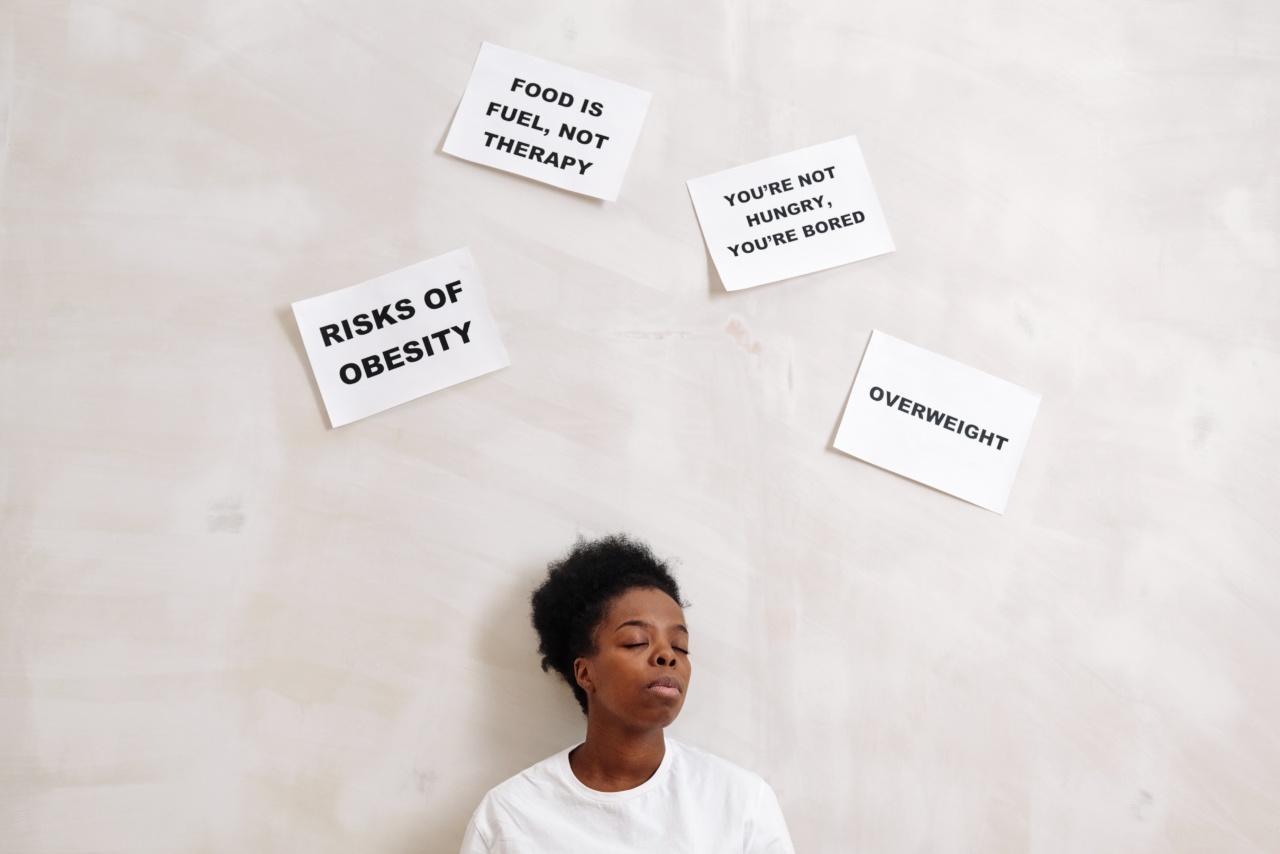Vitamins are essential nutrients that our bodies need in order to function properly. They play a crucial role in maintaining good health and preventing diseases.
However, many people are not getting enough vitamins in their diet, which can lead to various health problems.
In this article, we will discuss some common signs that indicate your body is lacking in vitamins. By being aware of these signs, you can take steps to improve your diet and ensure that your body is getting the vitamins it needs to stay healthy.
Habit 1: Constant Fatigue
Feeling tired all the time could be a sign that your body is lacking certain vitamins. Vitamin B12, in particular, is known to help with energy production.
If you are deficient in this vitamin, you may experience constant fatigue, weakness, and low energy levels. Another common cause of fatigue is iron deficiency, which can lead to anemia. If you often feel tired even after getting enough sleep, it’s worth considering whether you are getting enough vitamins in your diet.
Habit 2: Brittle Hair and Nails
Do you have weak nails that constantly break or hair that seems dull and lifeless? These could be signs of vitamin deficiency. Biotin, also known as vitamin B7, is essential for healthy hair and nails.
A lack of biotin can lead to brittle nails and hair loss. Similarly, a deficiency in vitamin C can also result in brittle hair and nails, as this vitamin is important for collagen synthesis. If you notice these symptoms, it might be time to reconsider your vitamin intake.
Habit 3: Slow Wound Healing
If you find that your wounds take longer than usual to heal, it could be due to a lack of vitamins in your body. Vitamin C plays a critical role in wound healing, as it is necessary for collagen production.
Collagen helps in the formation of new skin tissues and blood vessels, which are essential for wound healing. Inadequate levels of vitamin C can delay the healing process and leave you more susceptible to infections.
Habit 4: Muscle Weakness and Cramps
Vitamins, such as vitamin D and calcium, are crucial for maintaining strong and healthy muscles. A deficiency in these vitamins can lead to muscle weakness, cramps, and even muscle spasms.
Vitamin D helps your body absorb calcium, which is necessary for muscle contractions and overall muscle function. If you often experience muscle weakness or cramps, it may be a sign that you need to increase your vitamin intake.
Habit 5: Poor Night Vision
Having difficulty seeing in low-light conditions or experiencing poor night vision could indicate a deficiency in vitamin A. This vitamin plays a vital role in maintaining healthy eyesight, particularly in dim lighting.
If your eyes struggle to adjust to darkness or you find it difficult to see at night, it may be worth considering whether you are getting enough vitamin A in your diet.
Habit 6: Dry and Dull Skin
Vitamin E is known for its skin-nourishing properties, and a lack of this vitamin can result in dry, dull, and unhealthy-looking skin. Vitamin E helps protect the skin from oxidative stress and damage caused by harmful free radicals.
It also assists in retaining the skin’s moisture, promoting a soft and supple appearance. If your skin has become rough, flaky, or lacks its natural glow, it may be due to insufficient vitamin E intake.
Habit 7: Weakened Immune System
If you frequently catch colds, experience prolonged illnesses, or have a weakened immune system, it may be due to a lack of vitamins. Vitamins A, C, and D, as well as zinc, all play crucial roles in supporting a healthy immune system.
Deficiencies in these vitamins can compromise your immune response, making you more susceptible to infections and illnesses. Ensuring an adequate intake of these vitamins can strengthen your immune system and help your body fight off viruses and bacteria.
In conclusion, our bodies require a variety of vitamins to function optimally. A deficiency in any one of these vitamins can lead to various health problems.
If you notice any of the signs mentioned above, it’s important to evaluate your diet and consider whether you are getting enough vitamins. Incorporating vitamin-rich foods into your meals or consulting a healthcare professional can help ensure that your body receives the essential nutrients it needs to stay healthy.




























